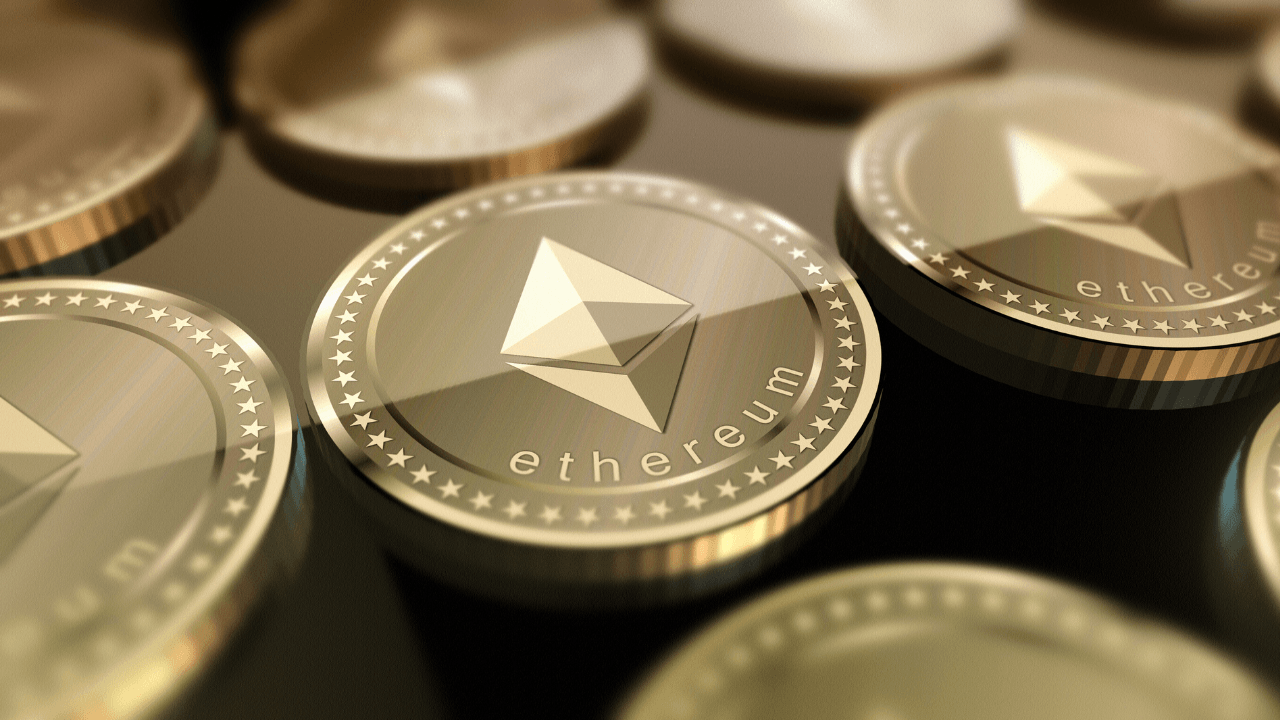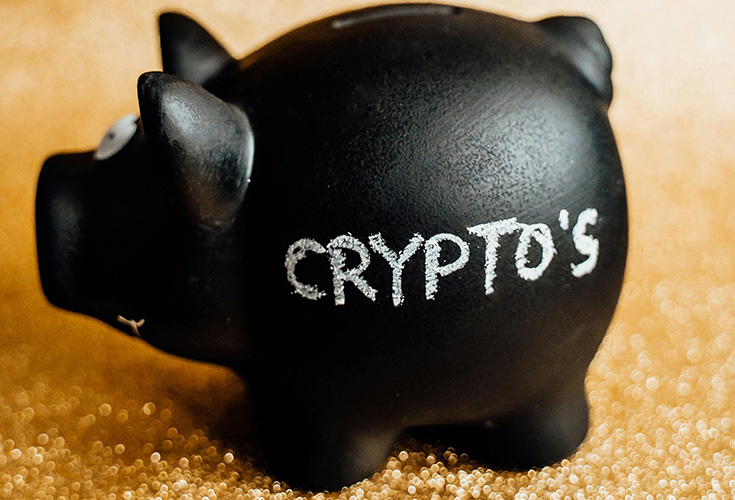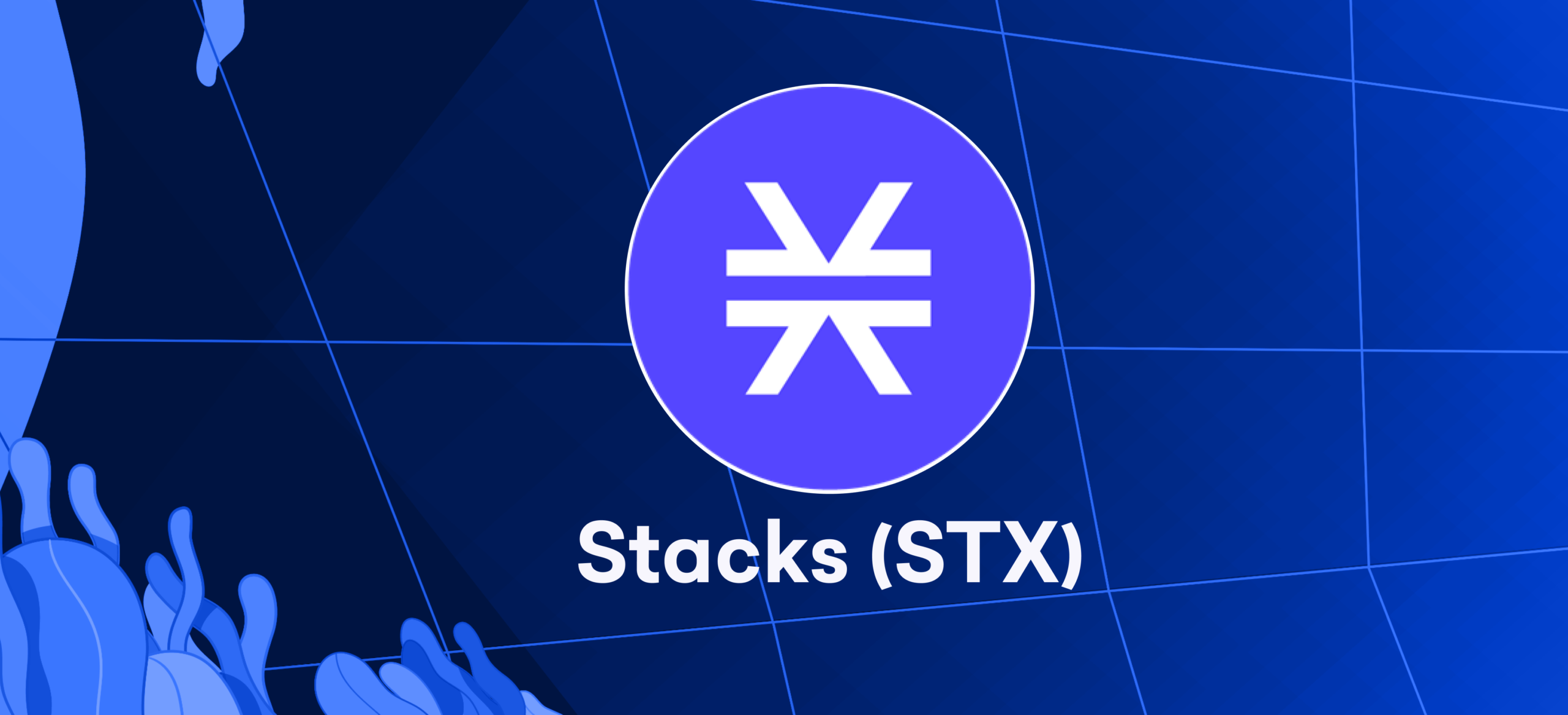
Are you interested in learning more about Ethereum, the world’s leading cryptocurrency? If so, you’ve come to the right place! In this beginner’s guide, we’ll discuss it, how it works, and the benefits of investing in it.
We’ll also provide some helpful resources to get you started on your journey into the world of Ethereum. Whether you’re a complete beginner or an experienced investor, this guide will provide all the information you need to get started with Ethereum.
What is Ethereum?
Ethereum is a decentralized computing platform. You can think of it like a laptop or PC, but it doesn’t run on a single device. Instead, it simultaneously runs on thousands of machines worldwide, meaning it has no owner.
Ethereum, like Bitcoin and other cryptocurrencies, allows you to transfer digital money. However, it’s capable of a lot more – you can deploy your code and interact with applications created by other users. Because it’s so flexible, all sorts of sophisticated programs can be launched on Ethereum.
The main idea behind it is that developers can create and launch code that runs across a distributed network instead of existing on a centralized server. This means that, in theory, these applications can’t be shut down or censored.
What Makes Ethereum Different from Bitcoin?
Ethereum is a decentralized platform that runs smart contracts: applications that run exactly as programmed without any possibility of downtime, censorship, fraud, or third-party interference. It is a cryptocurrency, just like Bitcoin. However, it has some unique features which make it different from Bitcoin and other cryptocurrencies.
The main difference between Ethereum and Bitcoin is their respective purpose. Bitcoin is primarily a digital currency, whereas Ethereum focuses on running the programming code of any decentralized application. While Bitcoin is designed to be a store of value and a secure payments network, it enables users to build and deploy decentralized applications.
it also differs from Bitcoin in terms of its consensus mechanism. Bitcoin uses a proof-of-work consensus algorithm, which requires miners to solve complex mathematical puzzles to add new blocks to the blockchain. It uses an alternative consensus mechanism called proof-of-stake, which incentivizes miners to validate transactions based on their stake in the network.
it also has its cryptocurrency, Ether (ETH), which can be used to pay transaction fees and services on the Ethereum network. Unlike Bitcoin, it can also host smart contracts and decentralized applications (DApps). With these tools, developers can create powerful applications that operate autonomously and securely on the Ethereum network.
In conclusion, while Ethereum and Bitcoin are digital currencies, they differ in several important ways. Bitcoin primarily focuses on payments, while it
enables developers to build and deploy decentralized applications.
Ethereum also uses a proof-of-stake consensus algorithm rather than the proof-of-work consensus algorithm used by Bitcoin. Finally, Ethereum has its cryptocurrency, Ether (ETH), which can use to pay transaction fees and services on the Ethereum network.
How Does Ethereum Work?
Ethereum is a decentralized platform that runs smart contracts, which are applications that run exactly as programmed without any risk of fraud or censorship. It is powered by Ethereum tokens, which are created and exchanged using a distributed ledger technology called the blockchain.
Ethereum’s blockchain differs from Bitcoin’s in that it allows users to send and receive tokens and provides a platform for the development of decentralized applications (dApps). This makes it a great tool for developers to build upon, as it provides a secure and reliable way to store and process data.
For dApps to run on the Ethereum network, developers must write code in a special programming language called Solidity. The Ethereum Virtual Machine (EVM) can read the machine code, bytecode, which create by compiling the code. Once the code compiles into bytecode, the EVM can deploy it onto the Ethereum network and execute it on the network’s nodes.
The Ethereum network is secured by miners who process transactions and provide protection against malicious attacks. They are rewarded with Ether tokens for their efforts, which incentivizes them to maintain the network’s security.
Finally, Ethereum has its cryptocurrency called Ether (ETH). This digital currency can pay for goods and services, transfer funds between accounts, and access dApps on the Ethereum network. Ether can also use to purchase Gas to run smart contracts on the network.
The Benefits Of Ethereum
Ethereum has become one of the most popular cryptocurrencies in the world due to its many advantages. Ethereum is faster and more cost-efficient than other cryptocurrencies and offers several features that are simply unavailable elsewhere. Here are some of the key benefits of Ethereum:
1. Flexible Platform:
Ethereum is extremely flexible, allowing developers to create and deploy applications quickly. This makes it an ideal platform for projects requiring much customization and experimentation.
2. Decentralized Network:
it is built on a decentralized network, meaning no single authority or government can control it. This makes it a great choice for those looking for a secure and reliable platform.
3. Smart Contracts:
it supports smart contracts, essentially digital agreements enforced by code. This allows users to conduct transactions securely without worrying about any external interference.
4. Low Transaction Costs:
One of the biggest advantages of Ethereum is its low transaction costs. Transactions on Ethereum are much cheaper than those on other networks, making it more appealing for businesses and individuals.
5. Security:
Ethereum is one of the most secure platforms. It uses several technologies, such as cryptography and advanced algorithms, to keep funds safe and secure.
6. Ease of Use:
Ethereum is incredibly easy to use, especially compared to other cryptocurrencies. All you need to do is download a wallet, and then you’re ready to start using Ethereum.
The Risks Of Ethereum
Ethereum is still a relatively new and highly volatile technology, which carries some risks. The blockchain technology that Ethereum is based on is still in its early stages, and many aspects are yet to be developed or tested.
Therefore, there is a potential for bugs and technical issues that could cause users to lose money. Additionally, smart contracts are programmed in a decentralized fashion, which makes them difficult to audit. This means that users must trust the code they’re interacting with, or they could be vulnerable to fraud or malicious activities.
Ethereum is also susceptible to price manipulation. In contrast to other cryptocurrencies, ETH has a smaller market value, making it more susceptible to mass price manipulation by whales (huge investors) with market power.
In addition, the Ethereum network is prone to congestion due to its high demand for transactions and limited capacity for processing them. This could lead to network delays or fees for faster transaction processing.
Finally, there is a risk of theft or loss of funds when using Ethereum wallets. Because the technology is open-source, it is important for users to take serious security measures to prevent malicious actors from potentially accessing their funds. That’s why it’s important to only use secure and reliable wallets when storing ETH coins.
While it carries some risk, it is still a valuable asset that has seen widespread adoption since its launch. With proper precautions and knowledge of how to use the technology safely, users can enjoy the benefits of Ethereum without risking their funds.
How to Buy Ethereum
Several cryptocurrency exchanges allow for the buying and selling of ETH. You need to sign up for an account on a trustworthy exchange before you can begin. Once registered, you can purchase ETH with either fiat money (USD or EUR) or other cryptocurrencies, such as Bitcoin.
When buying ETH, it is important to keep in mind that the price is highly volatile and can fluctuate wildly. You should also understand the fees associated with buying ETH and the exchange you are using. Different exchanges have different fees, and some may charge higher fees than others.
Once you have bought your ETH, you must store it securely. You can store it on a hardware wallet, such as a Ledger or Trezor, or you can store it on an online exchange or wallet. Make sure to research the security features of any wallet or exchange you are considering before storing your ETH there.
It is not very difficult to purchase ETH, but it is important to do your research before making a decision. Understand the risks associated with investing in cryptocurrencies, and do your research before deciding whether or not to buy them.








